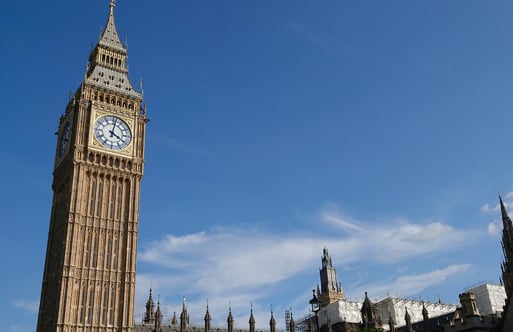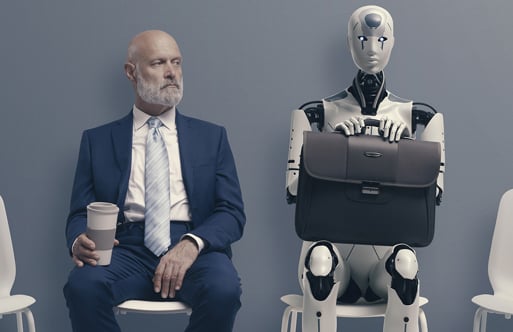We have over the last month experienced some of the most severe flooding in many decades in the UK. A few years ago, an environmental activist of my acquaintance explained to me that for the UK, climate instability would be the challenge, not gradual adaptation to a warmer world. While no single incident can be proven to be caused by global warming, the patterns predicted by climate scientists are highly consistent with what we are observing.
The recent Paris Conference, COP21, is for me a major step forward. I am on the side of those who think that Laurent Fabius should get the Nobel Peace Prize for the outcome of Paris. I know, it’s flawed, non-binding, full of loopholes and so on. Yet getting 194 signatories is in itself an important symbolic step. Rather than re-running what should have been in the agreement, always remember that the best is the enemy of the good.
Rather, as a profession, what can ICT professionals contribute to the action plans, starting in 2016?
The first and obvious area is the reduction of the carbon footprint of the IT estate. While, there has been much progress on recycling, energy usage, emissions and so on, I still feel that there is a tendency to ‘greenwash’. While, reducing the carbon footprint of point technologies is a necessary step, it is for me far from a sufficient condition. One colleague a few years ago showed me that cloud computing, badly implemented, could increase the carbon footprint of some organisations as the savings on server farms were more than matched by increases driven by the network requirements. A similar pattern could happen with printer consolidation.
The rapid growth of IT implied by the IOT, robotics, AI, big data and other development needs, for me, to be considered in the light of environmental impact. So, should the IT standards, tools for the whole ICT life cycle be made sustainable? Architects in the built environment have long worked with such standards. So, my first challenge for 2016 is this: which of the ICT practises could and should fully embrace environmental goals? ITIL, EA, Prince 2...?
Should project management tools include environmental resources, and PMs be trained to recognise their responsibilities in this area? I know that some/many projects do attempt to include these factors, but a quick search on environment and the various standards does not suggest a mature approach.
The second area that ICT plays a role is in the modelling of climate and weather. I am not a climate sceptic, but I am a model sceptic. The global models are pretty useless when it comes to local or regional action. With the growth of data, we will probably have as much relevant data for my home city, Birmingham, by 2026 as we have for the whole of the UK in 2016. Given the challenges we have, despite a highly skilled and resourced Meteorological Office at the UK level, what might our aspiration be for 2026, for each UK city and region to be able to understand, plan and forecast against its local challenges? I choose Birmingham as an example because it is little understood that, during the flooding of the Somerset levels in 2014, more homes in the city were impacted by floods than in Somerset. What would a smart city in 2026 expect in this domain?
The third area is in the management of climate and weather events. There are a series of challenges here that require some serious brains and resources. First, the sources of rivers in remote areas are the type of area to have weak network infrastructure. I have seen a number, internationally, of IoT based flood management system proposals. My mobile signal in Shropshire is weak at best, but during the recent weather, I’ve been in a dead spot for much of the day for two weeks or so. In York, flood defences were hampered, in part, by power problems. Can we design IT-based environmental monitoring systems that are resilient in the face of extreme weather events? It would be tragic if such systems became part of the problem, contributing to the lack of resilience.
Finally, this is a global problem that requires local solutions and contributions. What works in Leeds or Liverpool will not be the same as Laos or Los Angeles. How can IT spread knowledge, resources and skills to support global action?
Two things happened for me personally in 2015 which have sharpened by interest in this topic. Last year I became a grandfather. Thinking about the world in which my granddaughter will grow up makes this personal. Second, I landed on six islands and atolls last year that will not be there with a 1.5 C rise in temperature.
IT makes much of its transformational potential in every other sector as it becomes more pervasive. What could be a more important gift to the world, starting in 2016, than this topic?
An unsettled world needs big dreams. Can we deliver on them?

















